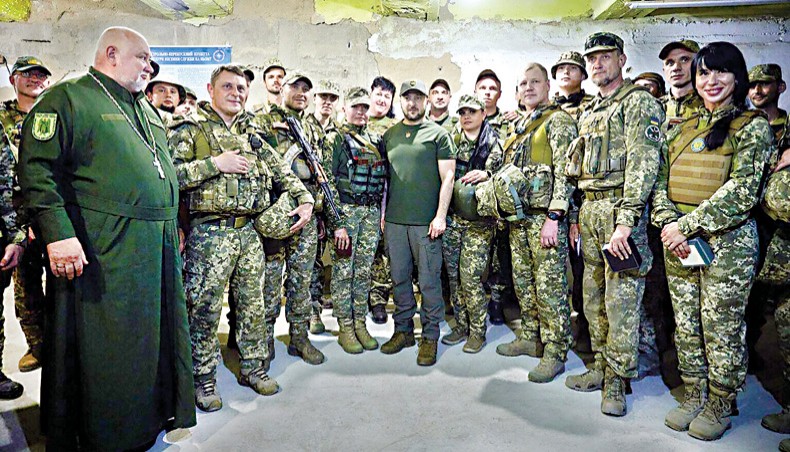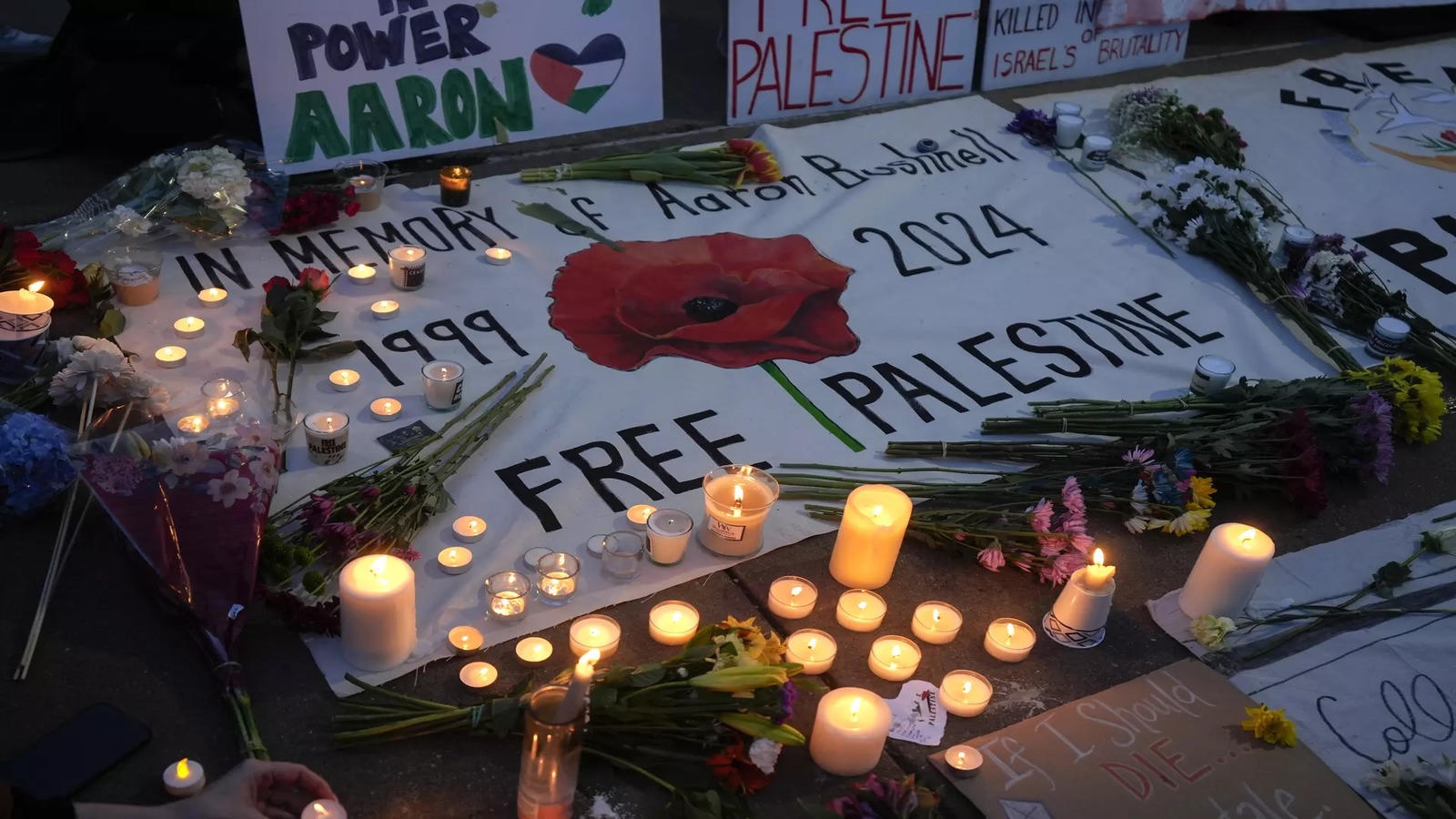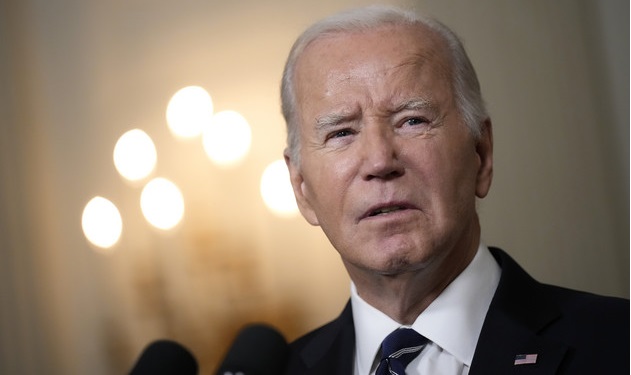SELDOM in European history has an invading power so exaggerated its own strength, and underestimated that of its enemy to the degree that Russia did when it attacked Ukraine on 24 February. Ten months after president Vladimir Putin ordered the Russian army to conquer Ukraine, the tragic absurdity of his giant blunder remains staggering.
Russia has never recovered politically or militarily from that initial miscalculation about the likely success of an invasion — and it is difficult to see how it can do so in future.
Putin believed that his ‘special military operation’ would face negligible resistance so he could easily install a puppet regime in Kyiv as the Ukrainian government and army fell apart. When this piece of wishful thinking was swiftly exposed as a fantasy, Putin turned out to have no Plan B, as Russian forces faced stiff Ukrainian resistance and failed to capture the capital and other big cities. Soon, a 60km-long Russian military convoy stalled for weeks on the road north-west of the capital became a symbol of Russian failure.
Putin was seeking to roll back the expansion of NATO influence and revive Russia’s status as a super power. By invading Ukraine, he achieved the precise opposite, as NATO aid poured into the country and Russia’s reputation for military competence was left in shreds. Its army was exposed as a badly-led, poorly equipped, ill-disciplined force that proved unable to capture a city like Kharkiv a few kilometres from the Russian frontier, and it only took Mariupol in the south-west after a two month siege.
In April, Russian troops withdrew from north of Kyiv as Russian strategy unravelled. By then, it had become clear that Russia did not have enough soldiers on the battlefield if it was going to resist a well-armed Ukrainian army supported by NATO. Obvious though this deficiency was to everybody, the Kremlin pretended to the Russian public that it was fighting a limited war and there was no need for a mass mobilisation, something Ukraine had carried out at the start of hostilities.
It was only after a humiliating Russian defeat by a Ukrainian counter-offensive in September in the Khar2kiv area, where Russia turned out have had few regular troops, that Putin ordered the conscription of a further 300,000 soldiers.
As a warlord, he has emerged as one of the greatest bumblers, portraying himself as a master strategist despite being repeatedly caught by surprise. Aside from an inner circle of cronies, few have influence on him, and his frequent reshuffling of front-line generals has failed to make up for basic weaknesses in numbers, training, equipment and organisation. Mass mobilisation when it came was shambolic, with conscripts rushed to the frontline as soon as they learned how to fire a gun. Given that the Ukrainian front line is 2,500km long, according to Ukrainian president, Volodymyr Zelensky, both sides are vulnerable to surprise attacks.
Many Russians may wonder: what happened to their air force? The Pentagon and NATO had promoted Russian airpower as a mighty instrument of war, which could only be countered by vast expenditure on new aircraft, such as the F-35 at $80 million a plane. In the event, Russian aircraft were never able to control Ukrainian skies and are reportedly incapable of evacuating their own wounded to hospitals in the rear.
The list of Russian military inadequacies is a long one, but it is important to understand that it has not yet lost the war. Its reverses are humiliating, such as the retreat from the city of Kherson to avoid troops being cut off on the wrong side of the Dnieper River, but the withdrawal made military sense.
The melodrama of the ground war in Ukraine attracts most of the television coverage and gives a triumphalist and deceptive impression of undiluted Ukrainian success. But I remember how, in the Afghan war in 2001, the United States and its Afghan allies were convinced that they had conclusively defeated the Taliban. A couple of years later, Washington was declaring ‘mission accomplished’ in Iraq after the overthrow of Saddam Hussein, and then found its soldiers fighting for their lives in a war that had barely begun.
I do not believe that Putin can reverse his gross strategic errors in launching the invasion in the first place. Russia’s enemies are too numerous, too well-armed and too united for it to defeat them. But that does not mean that Moscow has no military options. Russia may lose in the sense of failing to achieve its war aims, but what will a post-war Ukraine look like?















